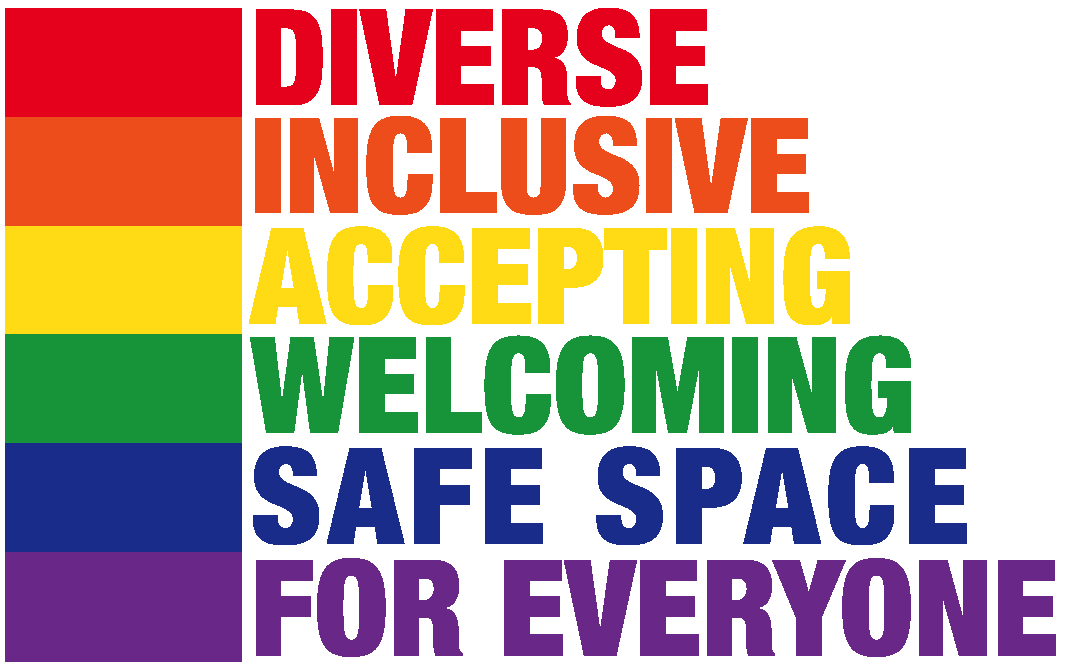Shame, the Inner-Critic, and the Costs of Carrying the Burden Alone.
Written by Jesse Ross, Registered Clinical Counsellor at Hollyburn Family Services.
This will be a two-part series. In today’s article, I will briefly speak about shame and the inner-critic that many of us carry. I will then talk about the cost of carrying these burdens. In the next article, I will talk about how one can approach, make peace with, and find harmony with these challenging feelings.
—
There’s an oft-repeated misconception that states, “We only use 10% of our brains”, and then asks, “what if we used all of it?”. Heck, a number of movies have been based entirely upon this faulty premise (e.g., “Lucy”, “Limitless”). As it turns out, this is an urban myth that has been passed down since at least the 1930’s when Dale Carnegie’s famous book, “How to Win Friends and Influence People” misquoted a Harvard Professor by the name of William James. In fact, when an individual’s entire brain is simultaneously ‘in use’ they are likely experiencing a grand mal seizure. What James was trying to say was that the vast majority of people make use of only a small percentage of their mental and physical resources (Lewis, 2014). I would suggest that he was correct in this assertion.
There are many reasons that people operate at a sub-optimal level including exhaustion, poverty, and lack of resources. Sometimes these factors are within our control, other times they feel overwhelming. But there is one factor that can bleed into all other areas of functioning and, in so doing, reduce our mental and emotional bandwidth: shame.
What is Shame?
One working definition of shame:
…the intensely painful feeling or experience of believing that we are flawed and therefore unworthy of love and belonging – something we’ve experienced, done, or failed to do makes us unworthy of connection. (Brown, 2013)
I cannot count the number of clients I have had who have shared that their internal monologue is a barrage of shockingly negative self-talk: “Don’t bother, you’ll just humiliate yourself”, “he’s right, you are unlovable”, “you’re such an idiot”, “the mistake you made in the past is unforgivable”, “you don’t deserve happiness”. It’s hard to imagine standing by while a stranger said these awful things to your friend, child, or romantic partner. The majority of people would feel some combination of anger, revulsion, and indignation. You might be tempted to speak up in protection of your loved one, or perhaps you would feel an impulse to lash out at the person carrying out the verbal attack. Yet many of us blithely allow one part of ourself to verbally decimate our most vulnerable parts. Sometimes it seems like a part of the human condition is a tendency to be far worse to ourselves than we would ever be to another person.
The Cost of Shame
Much like anticipatory anxiety (anxiety over a future event), shame thrives in the shadows. Since the stakes of shame feel so high (e.g., ‘if people really knew me, they could not love me’), there is a natural tendency to avoid thinking about subjects that bring up feelings of shame. It might be memories of an incident we are not proud of; it might be a general self-loathing brought about by constant negative messaging that we received when we were young, or any other number of forms that shame can take. It makes us feel uncomfortable to think about it, talk about it, or experience the feelings associated with it, so we tend to avoid it.
This avoidance, however, comes at a cost. First, our avoidance can serve to amplify our shameful feeling (e.g., a mildly embarrassing incident evolves in our memories into an outright humiliation). Further, our actions serve as communication to ourselves. We may reason that if we are avoiding thoughts and feelings pertaining to a particular subject, that it must be truly awful. In this way, our avoidance of shame can create a positive-feedback loop.
Secondly, if we are denying or hiding from a part of ourselves, we are, by definition, being less authentic, less present, and less spontaneous. If we have parts of ourselves that we fear, loathe, or hide from, we may find it difficult to share of ourselves in a way that would facilitate the healthy friendships, romantic relationships, and enjoyable experiences that we deserve.
Finally, avoiding a part (or parts) of ourselves takes energy. Trying to avoid thinking about a shameful memory, or trying to ignore a voice within that is telling us that we are unworthy, both require energy that has to be diverted away from the task in front of us. This may mean that we struggle to maintain focus at work, or feel as if we are on autopilot during what should be enjoyable moments with loved ones. There is a very real cost to living with strong feelings of shame.
What can I do to Escape This Pattern?
This is a broad and important question. In next week’s article, I will speak about how I work with clients who are struggling with shame, negative self-talk, and self-loathing. I will also speak about some strategies to be used outside of counselling.
Jesse Ross, MEd, RCC is a Hollyburn Family Services counsellor who provides individual therapy. Book an Appointment with Jesse.


